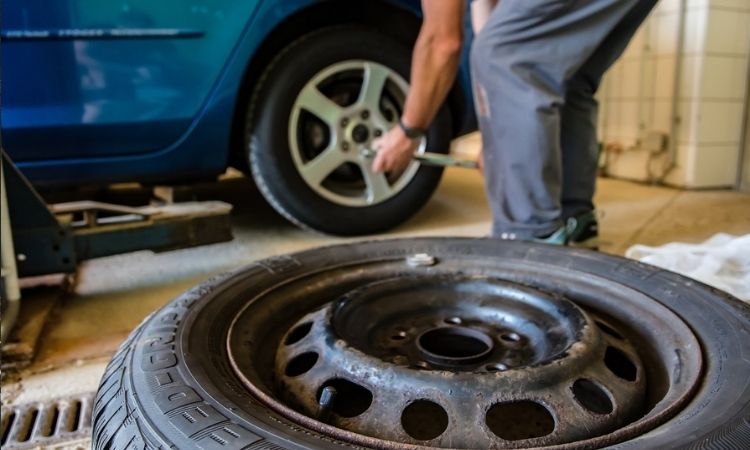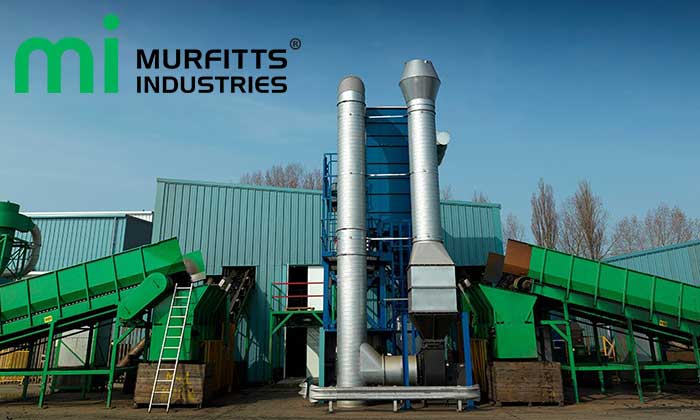Changes to scrap tire regulations in Ontario coming into force in 2019
Starting from January 1, 2019, new scrap tire legislation will come into force in Canada’s Ontario. However, the regional authorities are now concerned that not all tire producers are aware of new laws, thus they won’t be able to comply with them. The new legislation outlining expanded recycling duties of tire producers, the Resource Recovery and Circular Economy Act, comes after it was passed two years ago, and it will replace local Waste Diversion Act and Ontario Tire Stewardship. The former managed to successfully implement waste control strategies and find markets for end-of-life tires, stressed John Armiento of the Ontario Ministry of the Environment, Conservation and Parks.
Commenting on the new act, Armiento said that it defines that manufacturers will be in charge of waste management, however, he also emphasized that the expertise of the efficient Ontario Tire Stewardship will be taken into account in the new legislation.
If under the stewardship, tire manufacturers and dealers had to cover fees to support recycling, the new rules will allow them to choose preferable waste management options reducing private costs.
Other requirements that they will have to meet include legal authorization with the local government, special tire design, adoption of waste collection systems, raising awareness, and company’s transparency which is attained via sharing documents and audit.
The legislation also outlines that producer responsibility groups, service providers and other parties involved in waste reduction will oversee tire recycling together with tire producers.
To function as a watchdog for individual producer responsibility, the government created the Resource Productivity and Recovery Authority. However, it won’t substitute Ontario Tire Stewardship. Its task will be to collect fees from producers in order to cover service costs. It will also get rid of old fees for producers; the authority will impose a $75 fee if producers bring less than 1,000 tires, and will charge 14 cents for a unit if over 1,000 are provided. And producer responsibility groups will have to pay $7,500 flat fee.
Currently, Ontario has six groups that provide tire and waste management services assisting tire producers with meeting the new law requirements; for example, eTracks, which had financial support from The Tire and Rubber Association of Canada (TRAC).
eTracks representatives stated that the key tire producers have already been updated on the new law, however it is still unclear if smaller companies are well aware of the government’s move.
The company also emphasized that the Canadian tire market faced some anxieties amid US President Donald Trump’s steel and aluminum tariffs, however the representatives expressed hope that newly adopted agreement between Canada, US and Mexico replacing NAFTA will calm the situation on the market down.
Article by Rubber News.
Weibold is an international consulting company specializing exclusively in end-of-life tire recycling and pyrolysis. Since 1999, we have helped companies grow and build profitable businesses.









